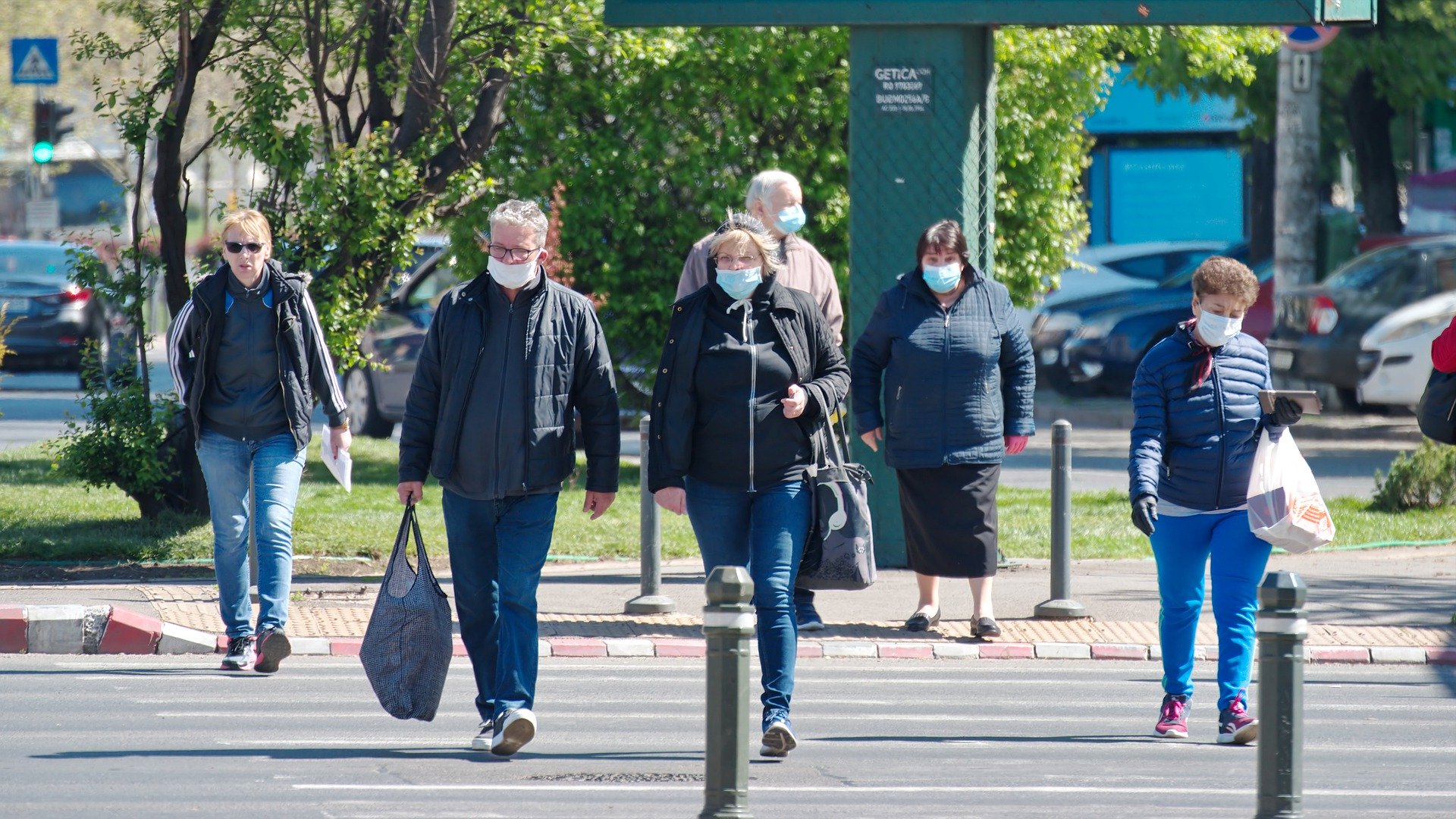
Aiming to bring the public’s voice to government decisions on the next phase of COVID-19 public policy, a University of Guelph researcher is helping to gather input on important topics through an online deliberation process.
The public is invited to share their thoughts on current issues related to public policy and the pandemic through the process, called Public Input into Pandemic Planning.
The first discussion topic is potential benefits and drawbacks of contact-tracing apps, said U of G psychology professor Kieran O’Doherty, who is working on the project with researchers from the University of British Columbia (UBC).
As governments begin to ease restrictions on social distancing and business closures, it is important that decision-makers account for public input on COVID-19 policies, said O’Doherty.
The results of the research will be openly available to decision-makers and the public across Canada, he added.
“The public deliberation process is important because rather than seek public opinion through surveys, which tend to be unreflective, deliberation allows participants to work together to gain knowledge about an issue and take diverse perspectives into account when making recommendations to policy-makers,” he said. “It is our hope that it can help shape COVID-19 policy going forward.”
Seeking input from hundreds of citizens, the multidisciplinary team is led by Kim McGrail, professor of population and public health and director of research at UBC Health, along with Michael Burgess from UBC’s Okanagan campus, Stuart Peacock from Simon Fraser University and O’Doherty.
“If governments are to make sound policy decisions that garner broad public support, they need public input,” said McGrail. “In this unprecedented era of global pandemic, public engagement in policy-making is more important than ever.”
Over the past 15 years, the team has conducted 25 public deliberations on crucial policy issues like cancer drug funding, biobanks and data protection. Their work is widely published and has informed policies and laws, changed professional practices, and transformed how research and clinical activities are governed.
In response to the COVID-19 pandemic, the team has shifted its unique model of deliberative engagement online and included video conferencing technology.

“Moving our process online will also allow us to respond to policy-makers’ needs rapidly as the pandemic situation develops and raises new challenges for which public input is required,” said O’Doherty.
Incorporating technology into the deliberative process can bring challenges of accessibility and diversity. The team has addressed those issues by reaching out to community groups and encouraging them to host their own deliberations or assist their community members to sign up to participate.
People can volunteer to participate in an online deliberation until Friday, May 22.
They can also host their own community conversation and contribute to the policy discussion. A community conversation kit, with all the materials needed to run a deliberation from home, can be found here.
Contact:
Prof. Kieran O’Doherty
odohertk@uoguelph.ca
